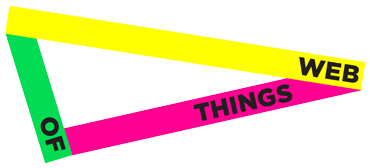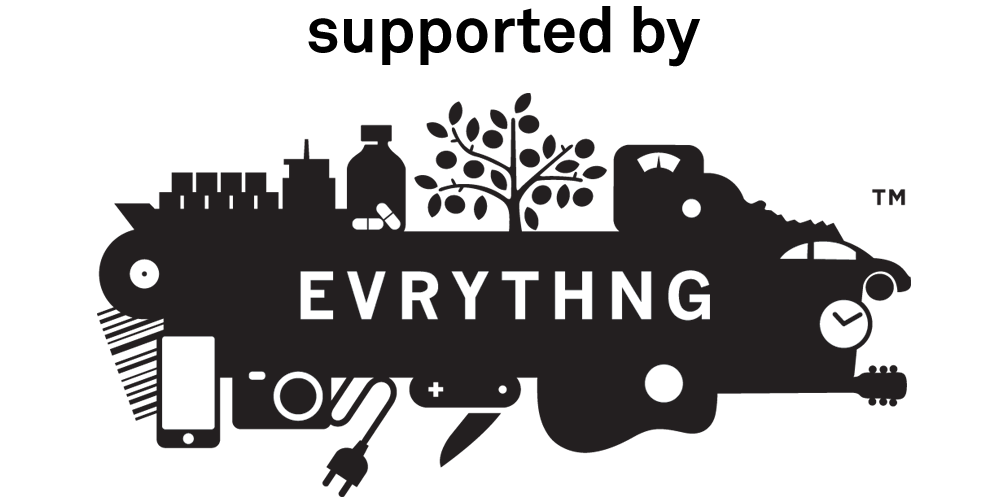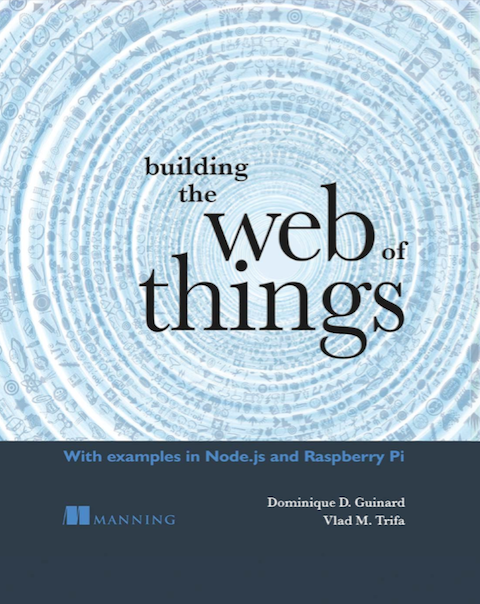Big data and smart cities
I didn’t blog much in the last months as I was fortunate enough to spend the second half of 2010 as a researcher at the MIT SENSEable City Lab. I spent most of my time working on the LIVE Singapore! project (and living between Boston and Singapore), in particular exploring the “so what?” aspect of WoT – that is how to actually build something useful on top of all these sensors. This project is very timely and matches wonderfully with what’s happening right now in the data.gov and smart cities spheres.





